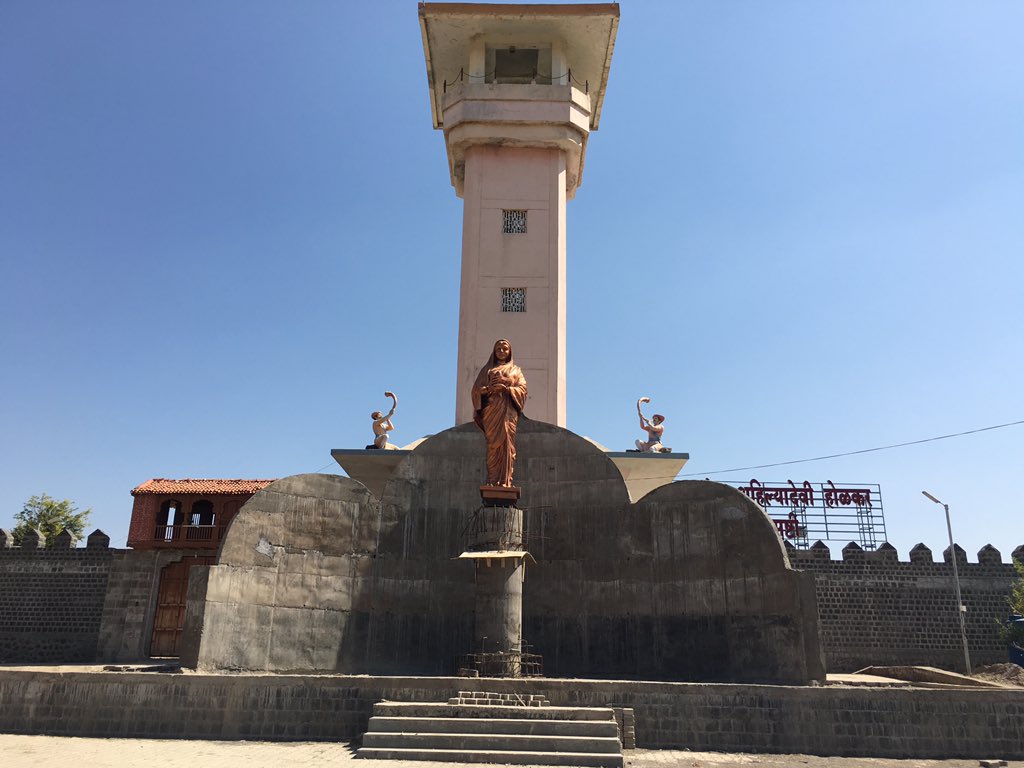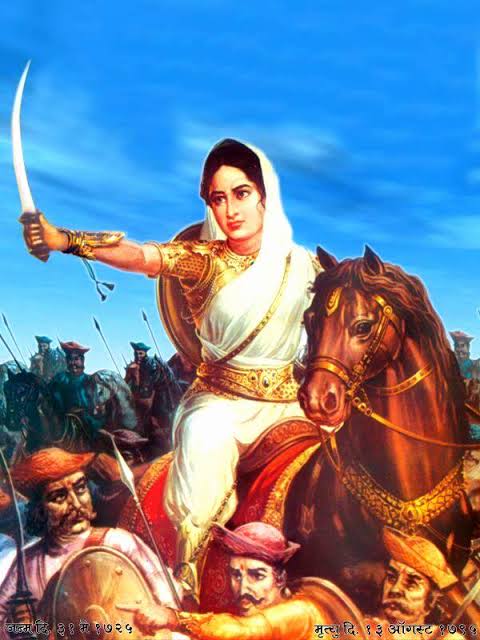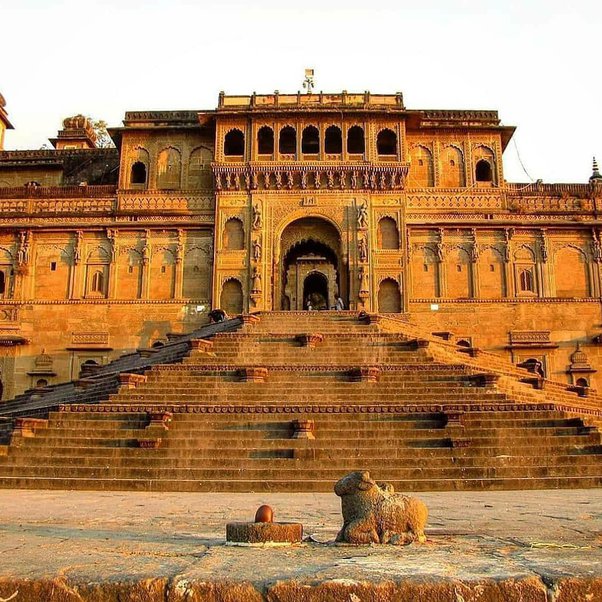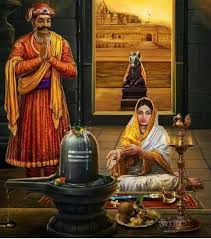About
Punyashlok Ahilyadevi Holkar
Punyashlok Ahilya Devi Holkar, known as the 'Philosopher Queen' of Malwa, India, reigned from 1767 to 1795 AD. She shifted her capital to Narmada Tiri, Maheshwar, south of Indore. Trained by Malhar Rao in administrative and military work, Ahilyabai ruled Malwa until her death in 1795. Born on May 31, 1725, in Choundi (Malharpeeth) village of Jamkhed taluka in Ahmednagar district of Maharashtra, Ahilyabai's father, Mankoji Shinde, was the Patil of the village. Despite the rarity of female education at the time, her father taught her to read and write. Malharrao Holkar, during a stop in Choundi on his way to Pune, saw the eight-year-old Ahilyabai in a temple and, impressed by her, arranged for her to marry his son, Khanderao. After Khanderao's death in the battle of Kumher in 1754, Ahilyabai's father-in-law, Malhar Rao, prevented her from committing sati. Following Malharrao's death twelve years later, Ahilyabai began managing the Malwa province. She personally led the army in battle and appointed Tukojirao Holkar as the commander in chief. The English writer Lawrence compared Ahilya Devi Holkar to Catherine the Great of Russia, Queen Elizabeth of England, and Queen Margaret of Denmark. He remarked that her name would be prominent among the world's greatest women. Ahilyabai Holkar was renowned for her fair justice and patronage of Hindu temples and river ghats across India. She restored a famous Hindu temple and implemented industrial policies to create employment, beautifying the villages of Maheshwar and Indore. She constructed many pilgrimage shrines, including those in Dwarka, Kashi, Ujjain, Nashik, and Parli Vaijnath. Ahilya Devi constructed a nearby temple honoring Shankara after witnessing Muhammad of Ghazni destroy the Somnath temple in Veraval. Today, visitors to Somnath also visit this temple. Ahilyabai was deeply committed to the welfare of her people.

Stories
that inspire us
Leading the Army to War.
Ahilya Devi Holkar was an extraordinary leader who led her soldiers into combat with remarkable courage and strategic acumen.
As the queen of the Maratha Malwa kingdom, she not only excelled in governance but also in military prowess. Her ability to motivate and inspire her troops on the battlefield demonstrated her tactical acumen and unwavering resolve. Ahilya Devi's legacy as a warrior queen continues to be remembered for her contributions to both her people and her kingdom's defense.

A skilful architect designer and guide.
Ahilya Devi Holkar was a distinguished architect and leader, celebrated for her visionary urban planning and architectural achievements.
As the ruler of the Malwa kingdom, she oversaw the construction of numerous temples, ghats, and public buildings, leaving a legacy of architectural splendor. Her leadership extended beyond construction; she was a just and compassionate ruler, known for her administrative acumen and commitment to her subjects' welfare. Ahilya Devi Holkar's contributions to architecture and governance exemplify her unparalleled skill and dedication as a leader.

Nurturing spiritual well-being.
Ahilya Devi Holkar was a devout ruler who greatly encouraged spirituality throughout her kingdom.
She commissioned the construction of numerous temples and dharamshalas (rest houses for pilgrims), fostering a deep sense of devotion and faith among her people. Her patronage of religious activities and support for scholars and saints created an environment where spirituality flourished. Ahilya Devi's unwavering commitment to promoting spiritual well-being is a testament to her enlightened and compassionate leadership.

